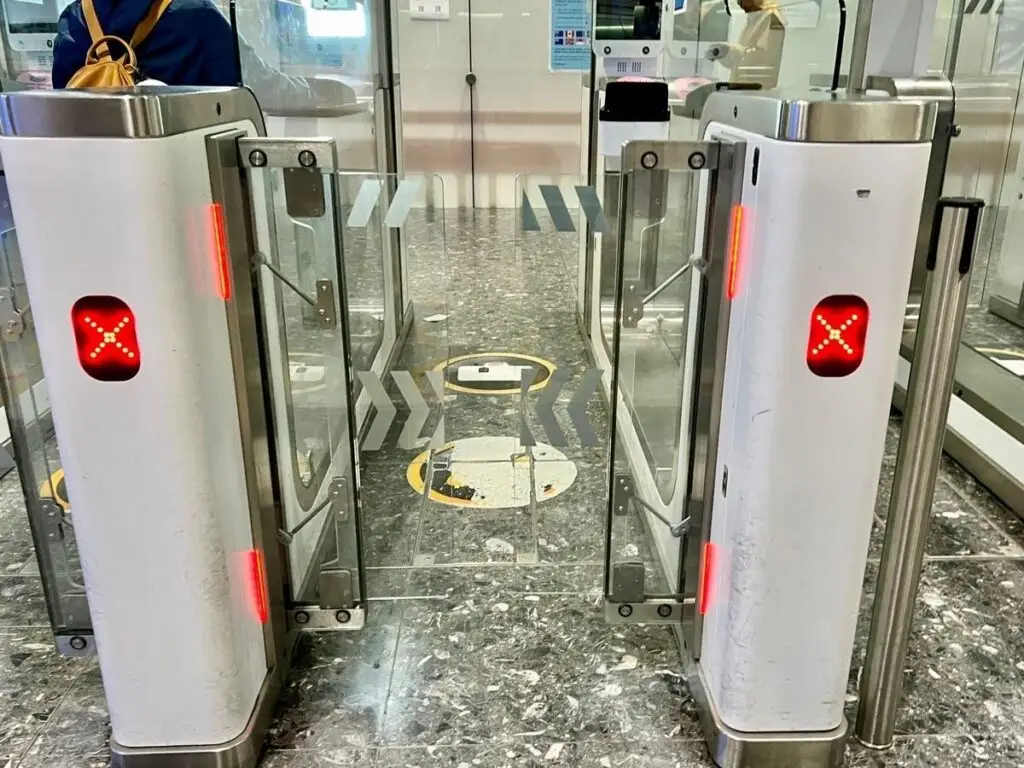The UK’s new Electronic Travel Authorisation (ETA) will soon be mandatory for most overseas arrivals. This significant change aims to streamline entry and improve security.
By 2 April 2025, all travellers except British and Irish citizens will need pre-approval to enter the UK. This article delves into the implications of the ETA scheme.
Overview of the Electronic Travel Authorisation
The Electronic Travel Authorisation (ETA) scheme mandates that nearly all overseas travellers to the UK obtain permission before their arrival. This requirement extends even to passengers merely transiting through UK airports. The ETA, priced at £10, allows for multiple entries within a two-year period or until the traveller’s passport expires, whichever is sooner. This move is intended to prevent immigration system abuse, according to government officials.
The new regulation mirrors similar systems like the US ESTA, connecting the ETA electronically to the traveller’s passport. While British travellers remain unaffected, the UK tourism and airline industries voice concerns over the potential disadvantages the new rules might bring.
Timeline and Implementation
The ETA scheme roll-out began on 15 November 2023, starting with Qatari nationals. By 22 February 2024, it encompassed nationals from Bahrain, Jordan, Kuwait, Oman, Saudi Arabia, and the UAE. The next phase will require non-Europeans to secure an ETA from 8 January 2025, followed by mandatory compliance for European arrivals starting 2 April 2025.
This staggered implementation is designed to allow for an orderly transition and adjustment to the new system. It aims to ensure that the process is streamlined and functional before it applies to a broader range of nationalities.
Application Process
Applying for the ETA can be done online via the UK government’s website or through the official app, available on both Apple and Google Play stores.
Applicants need to provide a photograph and respond to several questions. Decisions are typically made within three days, although approvals could occur faster.
Verification and Enforcement
Airlines and ferry operators will verify passengers’ ETA status before boarding.
Ferries from France to Dover, Eurostar trains, and Eurotunnel shuttles will involve UK Border Force staff screening travellers in Continental Europe.
Upon arrival, UK Border Force will reassess the ETA along with additional questioning to decide on the traveller’s entry. However, an ETA approval does not guarantee entry into the UK.
Impact on Transit Passengers
Unlike many global practices, the UK requires ETA for all connecting travellers, making Heathrow a possibly less attractive hub.
This contrasts with other hubs like Istanbul or Dubai, which do not impose such requirements for transit passengers. Experts predict a drop in Heathrow’s competitiveness, leading to potential losses for airlines like British Airways and Virgin Atlantic.
Government Perspective
Seema Malhotra, the Minister for Migration and Citizenship, highlighted the positive aspects, stating that digitisation aids in creating a seamless experience for visitors and boosts security.
The government asserts that this new measure will close potential loopholes that could be exploited, aligning the UK’s policy with the US ESTA scheme.
Transatlantic Comparisons
A key distinction with the US system is that transit passengers in the US must undergo customs and can legally enter the country, unlike at Heathrow.
Few US airports rely heavily on transit passengers, unlike Heathrow. The financial impact of these measures could indirectly affect British travellers by reducing route availability and possibly increasing fares.
The introduction of the UK’s Electronic Travel Authorisation marks a significant shift in immigration policy. While aimed at enhancing security and preventing immigration abuses, it may have wider consequences on the travel industry.
As the rollout progresses, its full impact on airlines, transit passengers, and the broader tourism sector will become clearer. Maintaining a balance between security and convenience will be crucial for its success.

